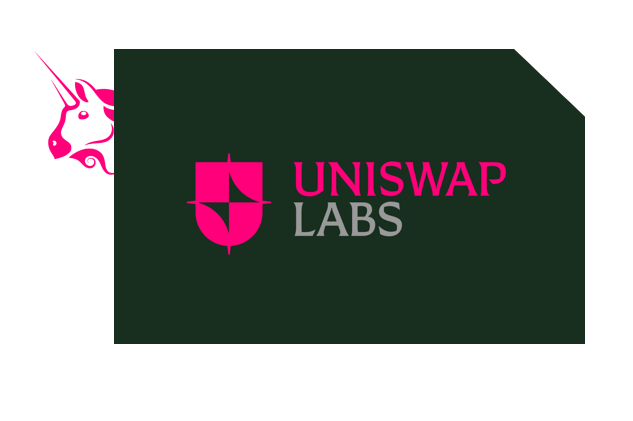
Uniswap Labs, the development company behind the Uniswap exchange, has implemented a new fee model for its primary front end at app.uniswap.org and Uniswap Wallet. A 0.15% flat fee now applies to specific tokens.
The fee is applied exclusively to swaps where both the input and output tokens are among the following: ETH, USDC, WETH, USDT, DAI, WBTC, agEUR, GUSD, LUSD, EUROC, and XSGD. Additionally, these fees only apply to users making trades on app.uniswap.org or via Uniswap Wallet. Users of DeFi aggregators or other alternative Uniswap interfaces, or those swapping stablecoins, will not incur these fees.
The announcement of the new fee structure has led to divided reactions within the community, resulting in a 5% drop in the UNI token’s value. To understand the reason behind this, it’s crucial to consider how the Uniswap protocol is structured and governed.
The protocol is overseen by both the for-profit Uniswap Labs and the non-profit Uniswap Foundation. Prior to this move, both entities had been incurring substantial expenses with little to no revenue generation.
Uniswap Labs, the developer behind Uniswap V1, V2, V3, and the upcoming V4, is venture capital-backed. Last year, the company raised $165 million at a valuation of over $1.6 billion. Uniswap Labs owns both the primary Uniswap front end and the Uniswap Wallet.
Since its inception in 2018, Uniswap has not generated revenue, but now the company is adjusting its strategy to monetize its platform.
While the revenue generated from the 0.15% fee is intended to fund the development of the Uniswap protocol, it will ultimately benefit the shareholders of Uniswap Labs and could be redirected to other projects within the company. As Uniswap founder Hayden Adams stated:
“This interface fee is among the lowest in the industry. It will enable us to further our efforts in researching, developing, building, enhancing, and expanding the realms of crypto and DeFi.”
Based on estimates, with approximately 10% of the volume originating from the Uniswap UI, the 0.15% fee could generate at least $50k in daily fees, or potentially more.
Many UNI (Uniswap Governance Token) holders have expressed dissatisfaction with this change, particularly since the Uniswap Foundation funds its operations by selling UNI tokens on the open market.
The Uniswap Foundation is responsible for governing the Uniswap Protocol. Its mission is to ensure the decentralized growth and sustainability of Uniswap and its ecosystem.
Last year, UNI token holders approved $74 million in funding for the Uniswap Foundation, which was later granted an additional $46.2 million. These funds are sourced from the Uniswap treasury in the form of UNI tokens, which are sold to support the foundation’s activities. These sales typically have a negative impact on the token price.
In response, the community is attempting to push through a fee switch proposal that would direct additional fees to the Uniswap Foundation’s treasury, avoiding the need to sell tokens. However, this proposal has faced opposition from large token holders, including Uniswap Labs.
The proposed fee switch aims to secure funding for development without requiring token sales, though concerns over potential tax and legal issues with the SEC have created obstacles for this change.
While Uniswap Labs has implemented fees for itself, it remains cautious about doing the same for the entire protocol, likely due to ongoing uncertainty with the SEC. This has caused frustration among many token holders.
The situation is further complicated by the fact that the UNI token has not benefited significantly from Uniswap’s success. It is primarily used for governance, with little to no profits accruing to its holders. The value of UNI has been on the decline since 2021.

